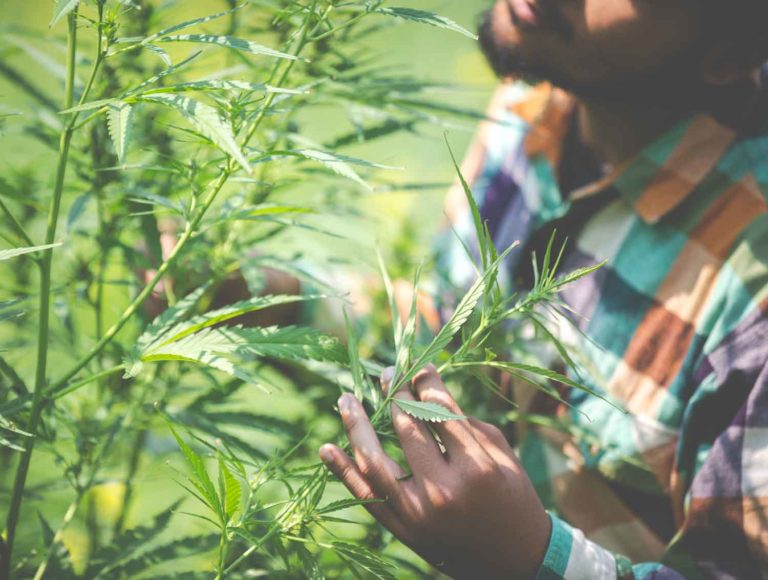
The National Association of State Departments of Agriculture (NASDA) released a statement this week. They are asking for the raise of legal THC levels found in hemp. This increase would go from 0.3 percent to one percent.
Currently, the USDA has defined the legal THC limit for industrial hemp in their Farm Bill. Passed into law in 2018 by former President Trump, the Farm Bill defined hemp as:
“The term ‘hemp’ means the plant Cannabis sativa L. and any part of that plant, including the seeds thereof and all derivatives, extracts, cannabinoids, isomers, acids, salts, and salts of isomers, whether growing or not, with a delta9 tetrahydrocannabinol concentration of not more than 0.3 percent on a dry weight basis.”
The low percentage has proven to be difficult for farmers to reach and regulate. There are times when breeding cannabis hemp plants results in a slightly higher percentage. When this happens, farmers are required to dispose of all crops associated with the plant that tested above the limit. This caused a lot of stress for farmers. They are at a higher risk for losing a large crop yield, which could compromise their farm as a whole.
NASDA’s senior director of public policy, RJ Karney, stated, “This is still an upcoming industry that can benefit from greater flexibility to thrive…By expanding the federal definition to less than or equal to one percent THC in dry-matter hemp, we can give farmers more certainty that their crops will be able to make it to market.”
HEMP Act
Senator Paul Rand (R-KY) introduced the HEMP (Hemp Economic Mobilization Plan) Act to the Senate floor at the end of 2020. This is in an effort to help out hemp and THC based companies. The Act also proposed the increase of THC limit from 0.3 to one percent.
The HEMP Act would not only increase the total amount of THC within the crop. This would help increase production. There are some development and synthesized steps to making THC that can increase the THC total to more than 0.3 percent at certain points.
On top of the HEMP Act helping producers, it also helps protect farmers, processors and transporters. The Act requires shipments to carry a seed certification showing the hemp was grown from a one percent THC seed. By having a certification, it helps to address the uncertainty by creating a margin for error testing THC levels.
Make sure to check back for more cannabis and hemp related news.